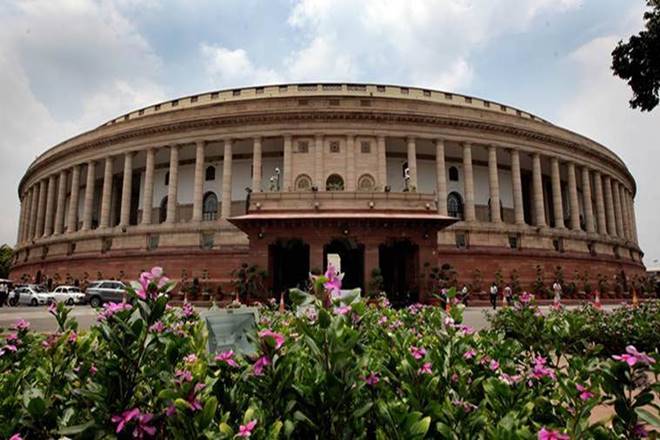Nearly 40% of the parliamentarians who are members of eight department-related standing committees (DRSCs)—95 out of 244—did not attend even a single meeting on demand for grants for various ministries. The meetings would have discussed the demands for grants, that are key to the functioning of the various ministries.
Vice-president and Rajya Sabha chairman Venkaiah Naidu, who made the details public, noted that if all the DSRC meetings—there are 24 DSRCs in total—were taken into consideration, the total sitting of Parliament would have been close to 100 days, close to what was seen in the 1950s, when India was fledgling democracy, against the 60-70 sittings that happen annually at present.
Given their constitution allows them to be non-partisan entities whose working is coordinated by members from parties sitting in the opposition and the treasury benches, the standing committees play an important role in the legislative process, and, therefore, democracy. Important bills and draft policies are taken up for discussion, so that even a government with overwhelming majority is not able to ram its policies through.
To be absent from meetings of such committees indicates a disregard for accountability to Parliament and, by extension, to the people. Against a backdrop of Parliament functioning being held hostage by frequent disruption, poorly attendance in standing committee meetings means a dereliction of duty on the part of the representatives of the people.


